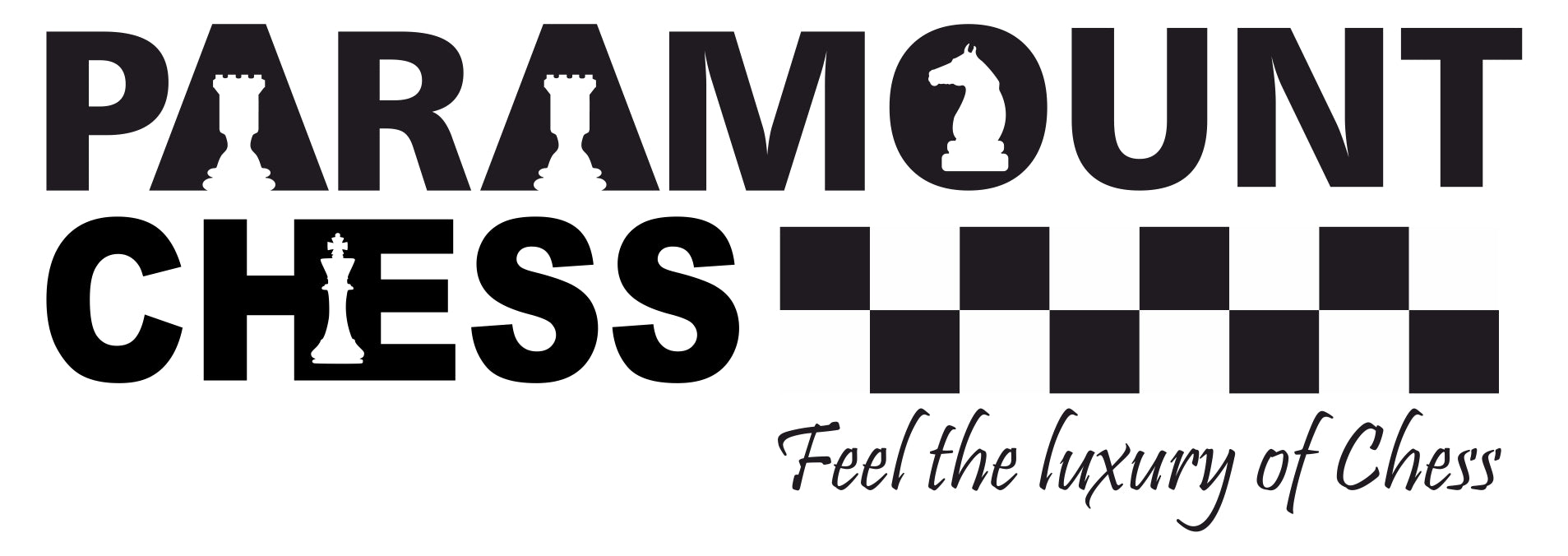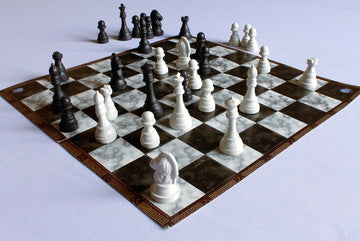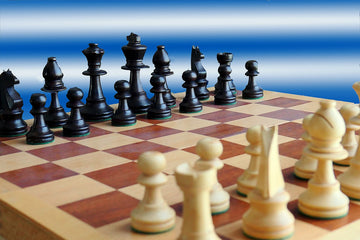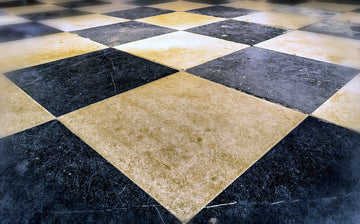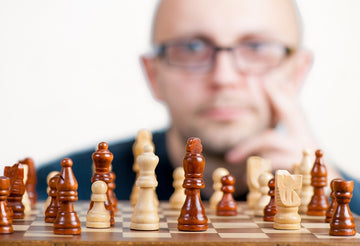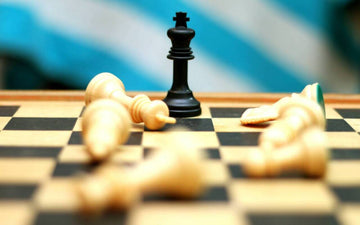
Chess players all around the world want to improve their game. Of course, it is very common for them to just rely on conventional sources of knowledge such as books, videos and tactics. But in this article, we explore a few strategies that go beyond the ones mentioned above. In no way are we discrediting the sources of knowledge mentioned above and the role they play in improving the game. We just intend to throw some light on the other side of these resources, perhaps to resonate with the people who are unable to obtain those mentioned above.
Develop a plan of action
Players should prioritize their actions to effectively manage them in the available time. Firstly, how much and what kind of material is there on the board? How do I get a deeper understanding of my position on the board? Secondly, with that understanding, what am I playing for? Am I looking to win the game, negotiate a draw or defend myself until my opponent’s time runs out? Thirdly, based on previous research and experience, what would be the best course of action in this situation? Once all this is analyzed, players must continue this evaluation throughout the game. If the results are not desirable, change the action and re-evaluate to get positive results. This is a very generic plan of action that can be adopted by players to improve their game.
Discover your style of play
Each player has their own unique method of developing a game and playing it. As a general rule, offensive players exhibit this outrightly towards weaker opponents and are very quick with counter-attacks against stronger players. In addition to that, they would prefer to exchange material rather than retreat a piece. This has got a lot to do with the psyche of the player. Figure out your style of play but do not fixate over it. While you do this, you must also learn to adapt. There are many situations wherein you cannot make moves according to your style of play just because it may lead to a bad move just then.
Developing a rating system
You need to develop your own rating system that adapts to your style of play. For example, let us say that you prefer playing with your knights a lot more than playing with your bishop. This thinking is very common among beginners. It is natural for them to play a defensive move or retreat at the slightest threat to their knights. Imagine the kind of damage an opponent who is aware of this can do. In fact, most openings of the game have variations that pin the knight using a bishop. So, it is best to develop some sort of a rating system that is different from the conventional points system in chess. Continuing with the situation above, most players would remain unaffected by exchanging their first bishop for a knight or vice versa. But now if we mention a second exchange with the same one that was captured before, we have a problem. This is because it leads to a degradation of playablity.
Each piece, the knight, the bishop, the rook come in pairs on the board. They all move in unique ways and have advantages and disadvantages. Leaving out a pair of these for two different opponent pieces is definitely not a great idea. Therefore, it is best to develop your own rating system and weigh each piece on the board according to your scale. According to this, gauge your position on the board and develop a plan of action that keeps evolving.
Improving pawn gauging
Before delving into this, it is highly recommended that you are well-versed with the pawn structure in the game of chess. If not, do check out our article to develop an easy understanding of this concept here:
We need to prioritize different pawn arrangements and assign an arbitrary value to them. For example, passed pawns are the most valuable to any player and should be assigned the highest weightage. Next, we can assign connected pawns since they are able to defend themselves and are a great asset. Having a pawn majority in such a case benefits the player greatly. So, another positive value may be assigned to this. Let us look at some of the negatives. A doubled or tripled pawn is something nobody wants to have. These are the worst forms of pawns and should be assigned a negative value as well. Isolated pawns and backward pawns do not perform great as well so they must be assigned a negative value as well. With this information, you can develop a much better understanding of your pawn structure as well as that of your opponent. This will greatly help you improve your game.
